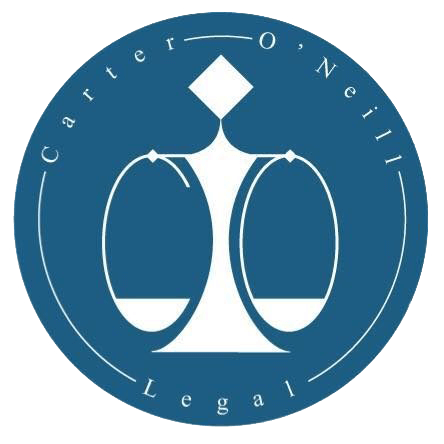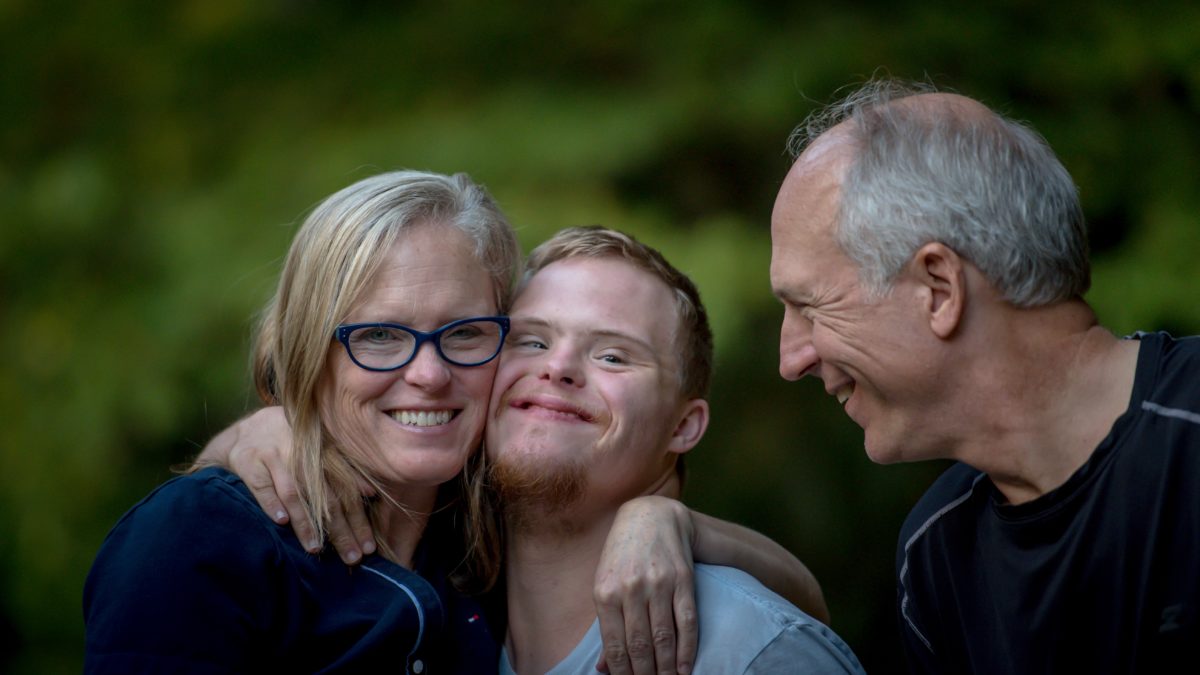Special Disability Trust

Binding Financial Agreements and Consent Orders
April 29, 2021
What will your legacy be?
May 18, 2021Is a Special Disability Trust something I should consider?
We understand that if you have a loved one who has a special disability, then a major concern is what will happen when you pass away. This is where your Estate Planning documents can provide that ongoing care and support to your loved one when you pass away. As of 20 September 2006, changes to the Social Security Act 1991 (Cth) (‘The Act’) have allowed for the creation of a Special Disability Trust (‘SDT’). The sole purpose of these trusts is to provide for both the current and future accommodation and care of a disabled person.
Is my child eligible?
Firstly, there are eligibility requirements that must be satisfied. If you are unsure if your loved one meets the requirements, then we can go through these with you.
What are the benefits?
Some key features of a SDT include:
- It can be established during your lifetime, so it operates immediately from the date it is established or alternatively, it can be set up like a testamentary trust in your will and operate from the time of your death.
- There can only be one principal beneficiary (but there may be residual beneficiaries).
- The sole purpose of the SDT must be to provide for the future and current care and accommodation of the primary beneficiary.
- Capital invested within a SDT ($694,000 for 2020 and indexed annually on 1 July) will not affect the primary beneficiary’s pension.
- The primary beneficiary tax rules apply (not the highest marginal tax rate).
- The primary beneficiary may still work for up to 7 hours per week.
- The SDT is able to pay for medical and dental expenses.
- The SDT can distribute up to $11,500 per financial year (as at 2020) on discretionary items not associated with care and accommodation.
- The SDT can hold a property as the main residence for the primary residence which will be excluded from the Capital above and fall within CGT exemptions so long as it is transferred for no consideration.
- Benefits and concessions are available for family members (parents, siblings and grandparents) contributing funds to the SDT provided it is no more than the figure in point 4 above and is provided as a gift.
- The trustee must be an Australian citizen and is bound by the terms of the trust. Often a term implemented is that places the interests of the principal beneficiary ahead of the residual beneficiary. This also means investing any money with care, avoiding unnecessary expenses, and seeking professional legal or accounting help where necessary.
- When the primary beneficiary dies, the trust terminates, and the trust’s assets will vest in the residual beneficiaries as specified in the will or trust.
We are here to help!
It is important the correct steps and procedures are followed when establishing a SDT as they are assessed under the normal income rules if the beneficiary does not satisfy the definition under the Act. Failure to meet these requirements can result in the trust being stripped and tax consequences for both the beneficiary and immediate family members who have contributed to the trust. At Carter O’Neill Legal, we are here to help. Estate planning is an important job, that can give you a great sense of comfort and peace of mind knowing that your loved ones are provided for.
Call our Estate Lawyers in Mona Vale on 02 9151 7339 or our Estate Lawyers in Gosford on 02 4308 8892.




